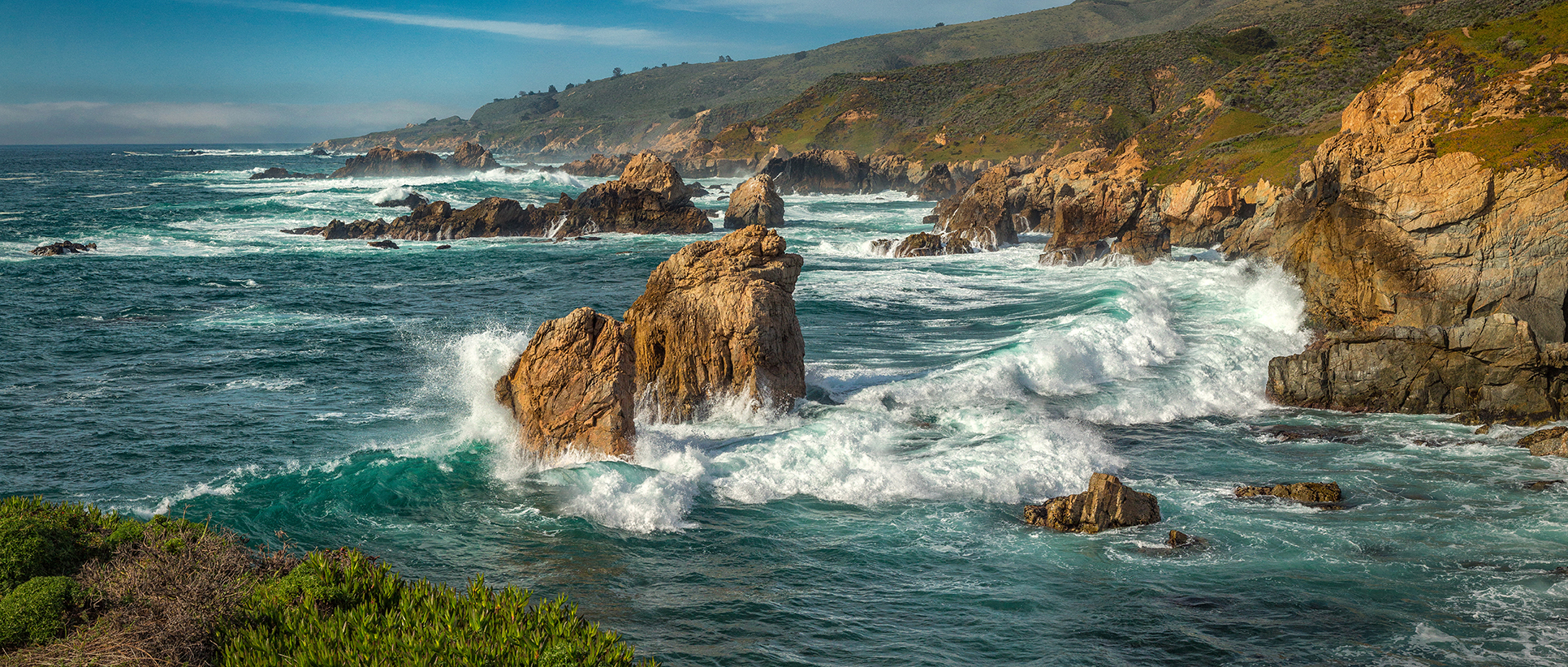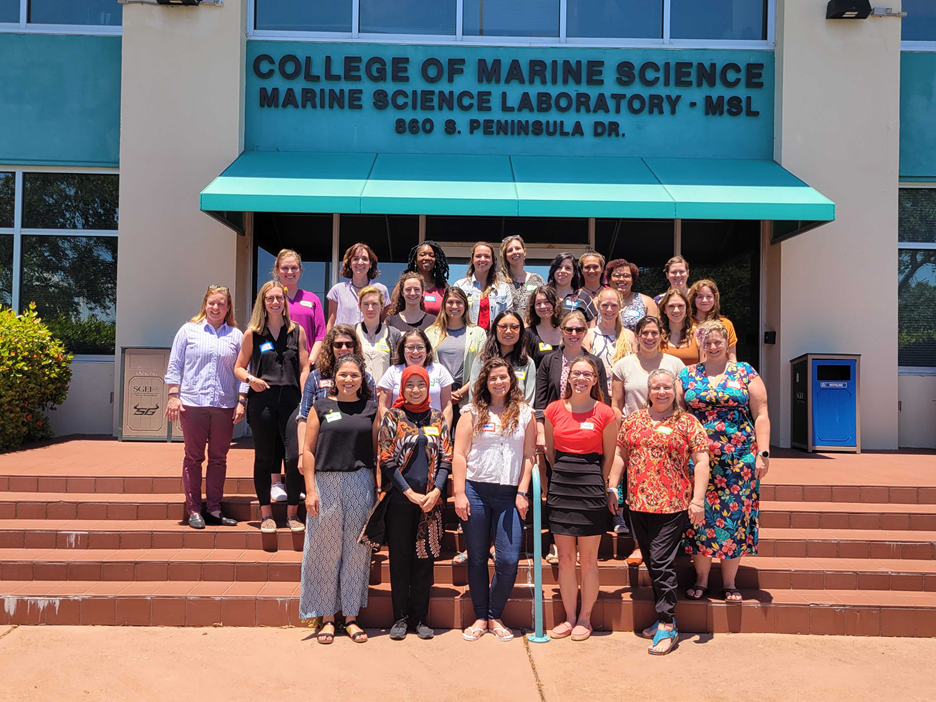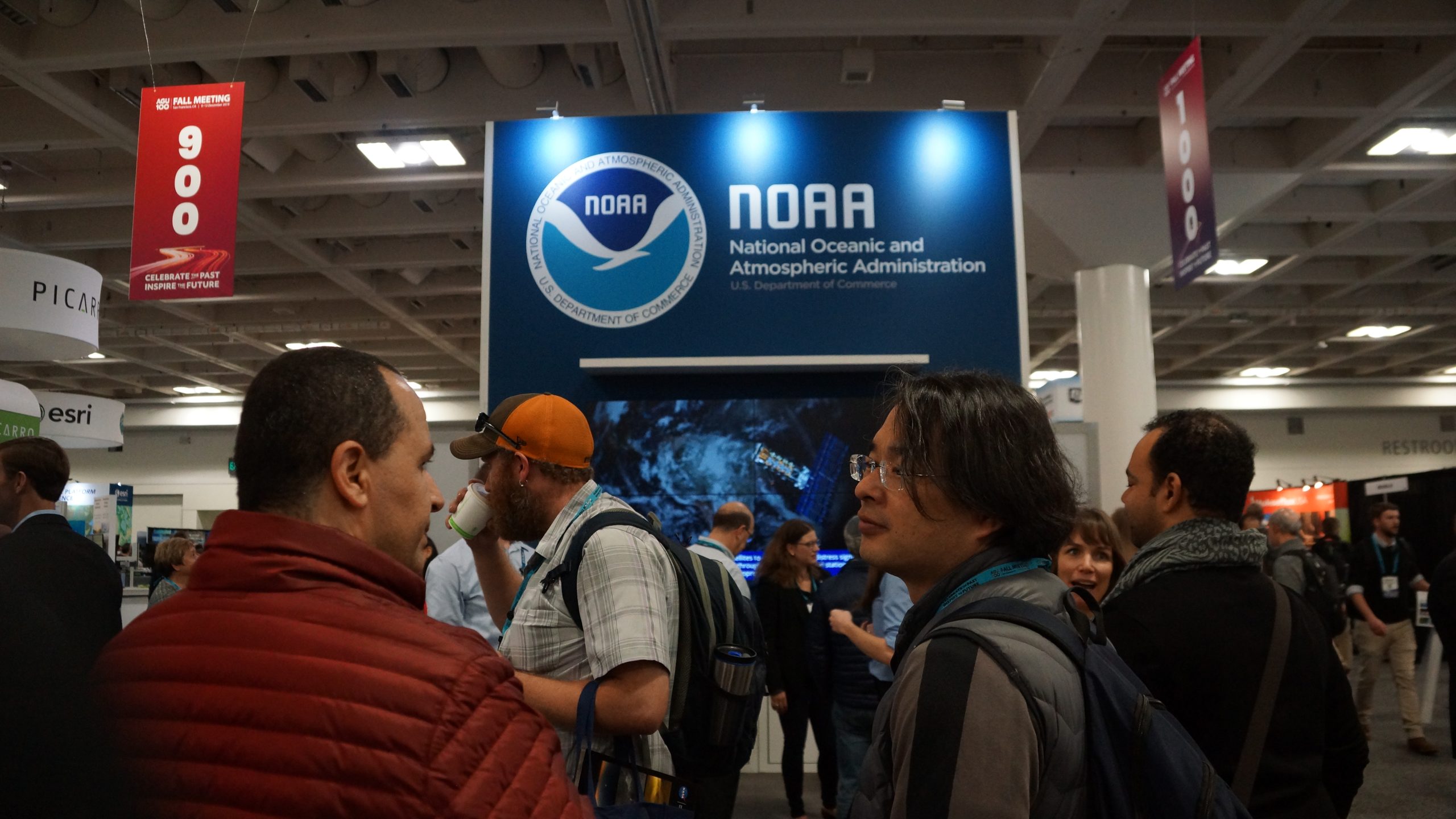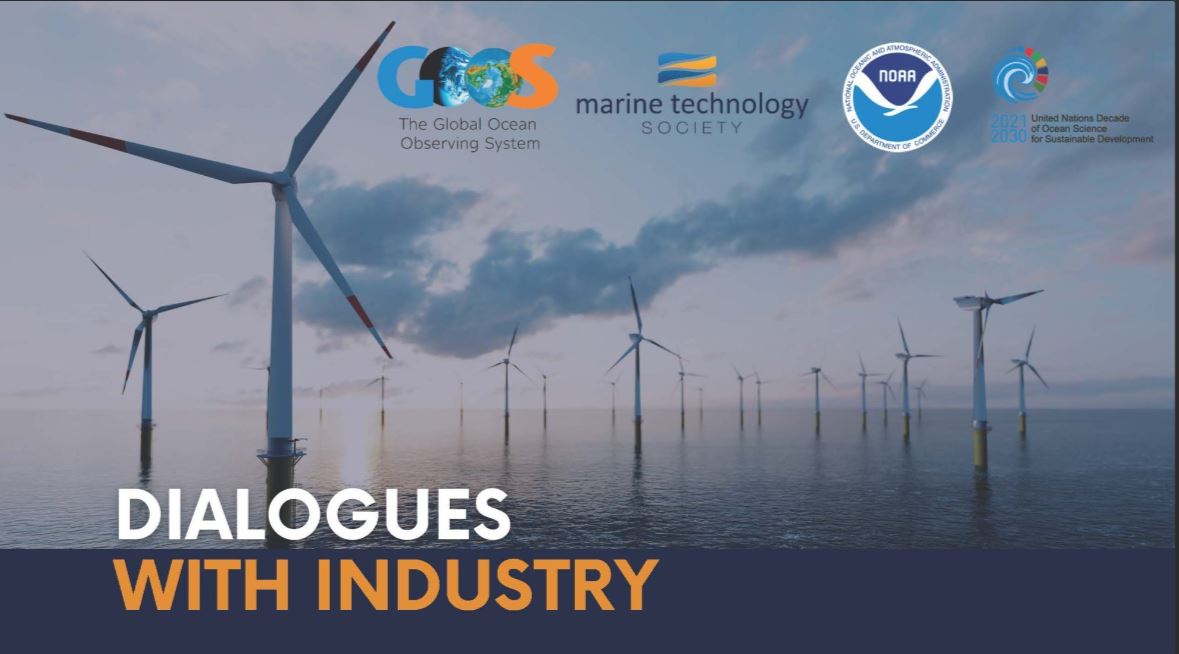September 26-27: CPO Director Dr. Wayne Higgins will be attending the American Meteorological Society (AMS) Council Fall 2019 Meeting in Boston, Massachusetts. Dr. Higgins has been appointed to serve as Councilor to AMS from January 2019 to January 2022. The Council is the principal governing body of the Society consisting of the elective officers, the last two Past-Presidents, and 15 other voting members of the Society, each elected for a three-year term. Key items on the agenda include finalizing the 2020 proposed budget, awards oversight, and approving AMS statements on Data Management, and the Energy Sector and Earth Observations.
Related Posts



